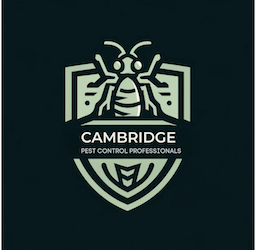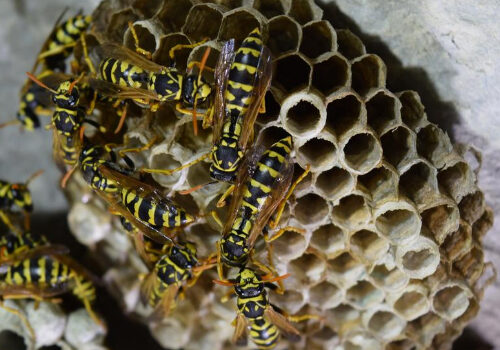Surviving Wasp Season: Learn How to Treat, Prevent, and Manage Wasp Stings to Stay Safe This Summer!”
Wasps are known for their painful stings, which can cause discomfort and even severe allergic reactions in some individuals. It is essential to know how to treat and prevent wasp stings and the potential risks and complications associated with severe allergic reactions. In this article, we will discuss the steps you can take to treat and prevent wasp stings and the importance of seeking medical attention in case of severe reactions.
Treatment of Wasp Stings:
If you are stung by a wasp, the first step is to remove the stinger from your skin. Gently scrape it off with a flat object like a credit card. Then, wash the affected area with soap and water and apply a cold compress to reduce swelling and pain. Over-the-counter pain relievers such as ibuprofen or acetaminophen can also help alleviate the discomfort.
Prevention of Wasp Stings:
To prevent wasp stings, avoid wearing perfume or scented lotions, keep food and drinks covered when outside, and wear protective clothing when working in areas where wasps may be present. If you encounter a wasp, remain calm and still to avoid provoking it.
Risks and Complications of Severe Allergic Reactions:
Severe allergic reactions to wasp stings, known as anaphylaxis, can cause a range of symptoms, including difficulty breathing, swelling of the face and throat, rapid heartbeat, and loss of consciousness. Anaphylaxis is a medical emergency and requires immediate treatment with an epinephrine injection and follow-up medical care.
If you have a known allergy to wasp stings or have previously experienced severe reactions, it is important to carry an epinephrine auto-injector with you at all times and wear a medical ID bracelet that indicates your allergy.
In conclusion, wasp stings can be painful and uncomfortable, but proper treatment and prevention can help alleviate the symptoms. It is essential to know the potential risks and complications of severe allergic reactions and to seek medical attention immediately in case of anaphylaxis. By taking appropriate precautions and seeking medical care when needed, you can protect yourself from the potential dangers of wasp stings.

